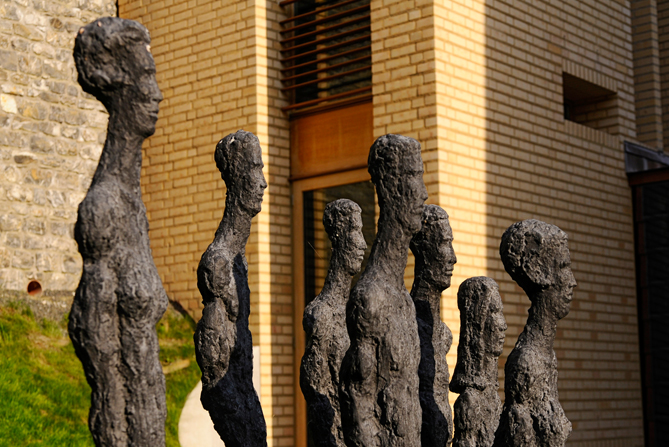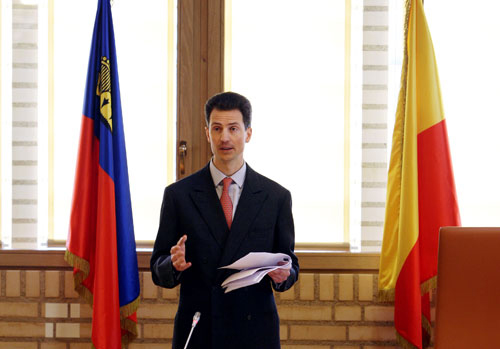Rights of the people

The people not only have the right to elect Parliament: by means of an initiative, they could also force Parliament to convene or force a referendum to be held regarding its dissolution. As yet, this theoretical right has, however, never been exercised. Citizens can bring a parliamentary resolution to public vote by means of a referendum. In the case of legal and financial resolutions, 1,000 citizens entitled to vote have to sign the demand for a referendum for it to be followed up, in case of constitutional amendments and treaties 1,500 signatures are required. However, Parliament can declare amendments to laws and the Constitution as well as financial resolutions as urgent and hence exclude them from referenda.
Rights of the prince

The Prince has several means of influencing resolutions made by Parliament or even its very existence. Every law and every financial resolution must be sanctioned by the Prince. If no sanction is granted by the Prince within six months, it must be considered as refused. The Prince has the right to represent the State in all its relations with foreign countries without prejudice to the necessary cooperation of the Government. Treaties affecting sovereign rights or the rights of the people, or which cause new burdens are, as already mentioned, subject to approval by Parliament.